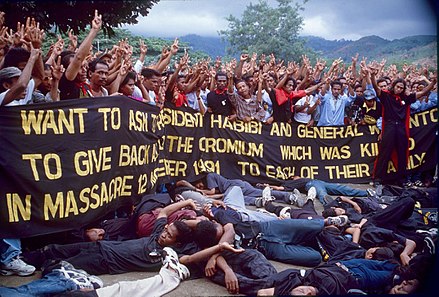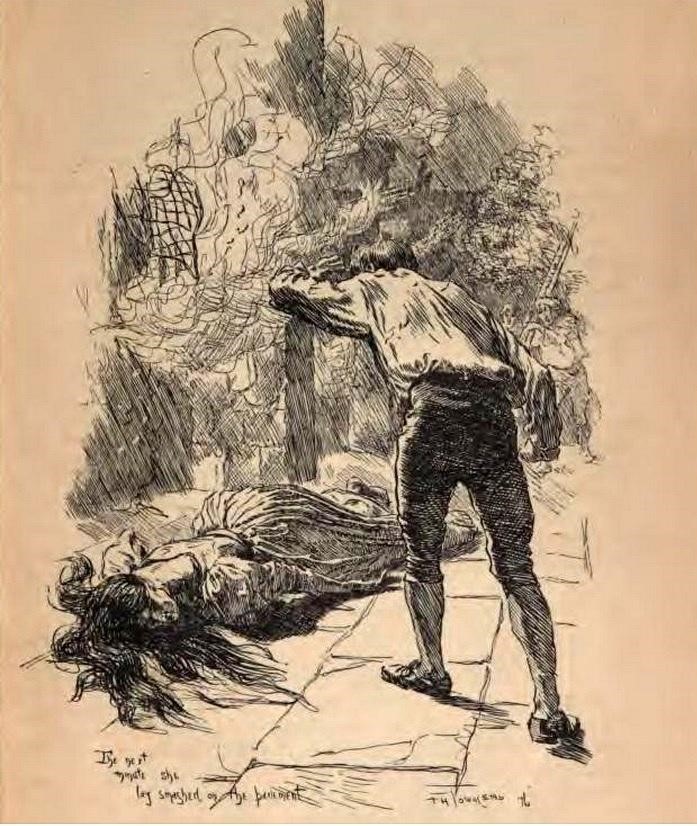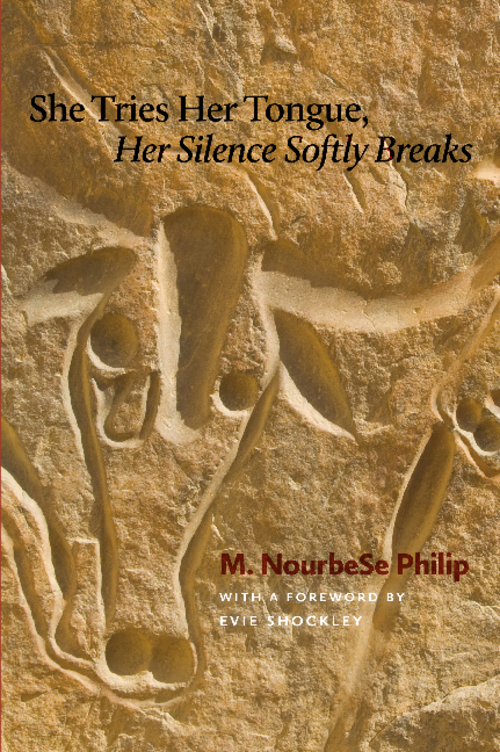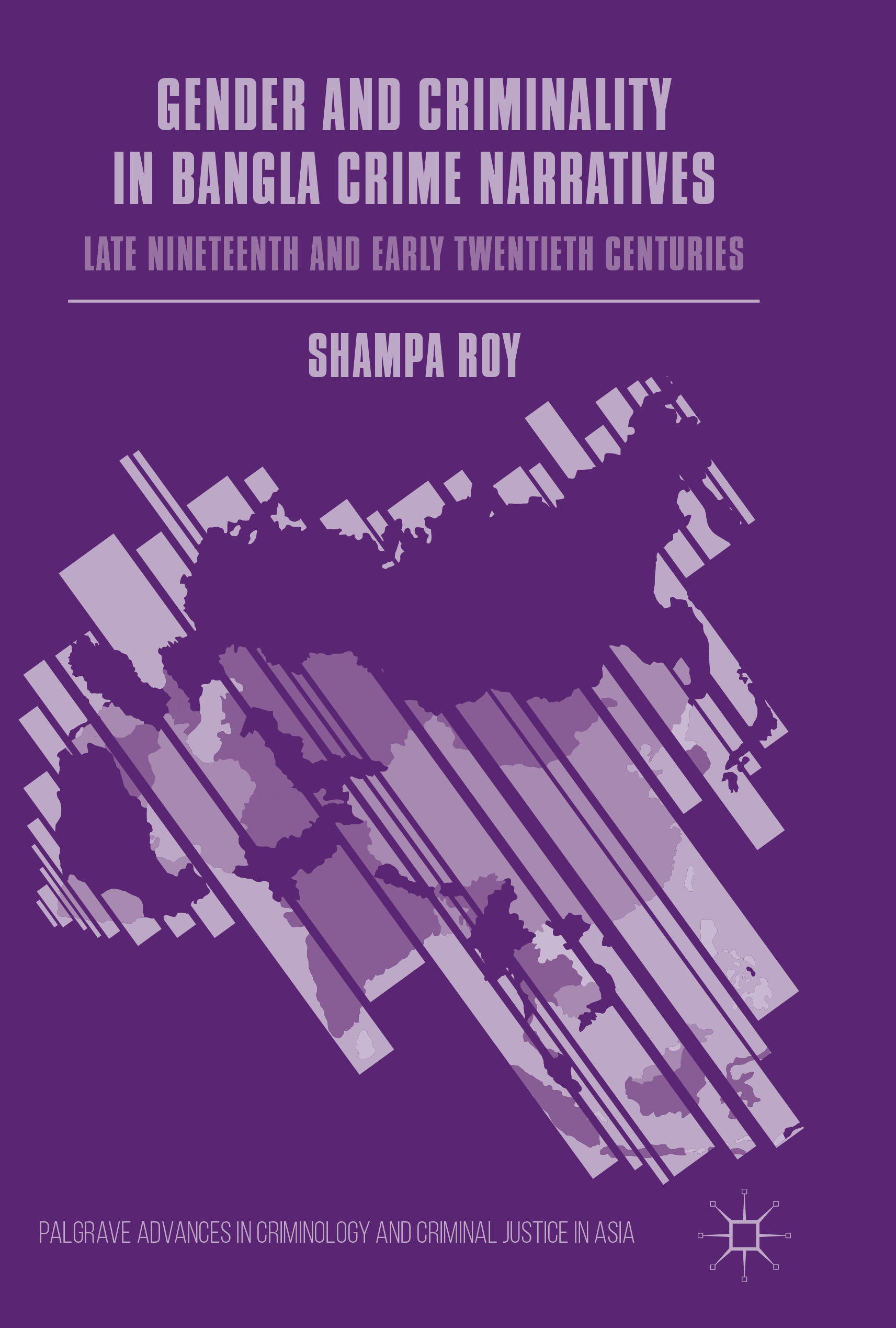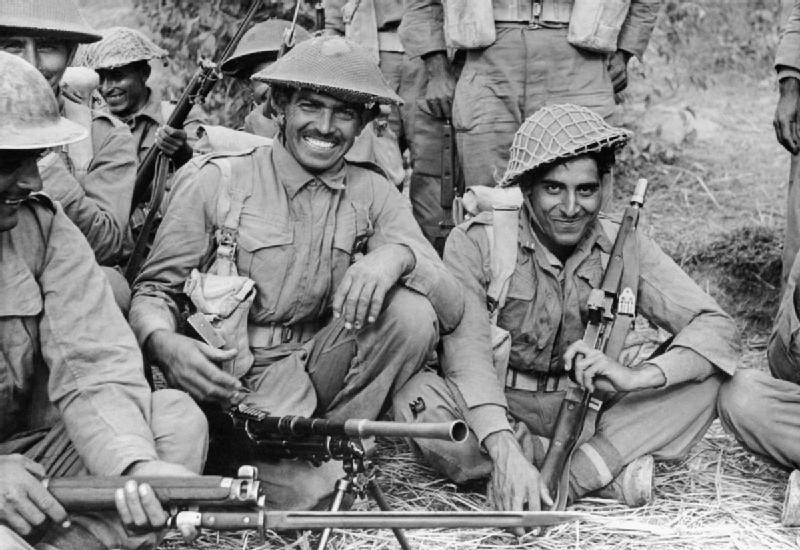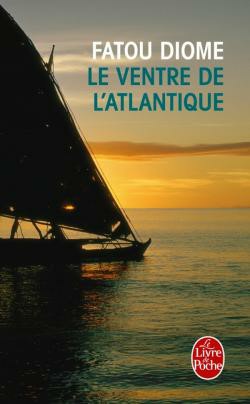MULOSIGE seeks texts with aesthetic value and literary significance, with the understanding that World Literature is much more than a means to ‘represent’ a language or culture to a Western audience. These can be literary texts in any of MULOSIGE’s target languages, critical studies that inform our understanding of literature, or English renderings of primary texts which we hope will reach a wider audience.
Re-cognising Constructions of Violent ‘Truths’ in Seno Gumiro Ajidarma’s “The Incident”
Christie Cheng explores the constructions and re-constructions of violent truths in Seno Gumiro Ajidarma's short stories.
Jean Rhys’ Wide Sargasso Sea
Wide Sargasso Sea is an important piece of literature because it encourages us to think about local and transnational literary space.
NourbeSe Philip and destroying the English language
Can the act of recycling the English language liberate those who have been snubbed by the hegemonic power? Is it a way of turning the master’s tools [...] against itself to be used as a device that dismantles the master’s unhinged, socially stratified house?
Gender and Criminality in Bangla Crime Narratives: Late Nineteenth and early Twentieth Centuries
Gender and Criminality in Bangla Crime Narratives: Late Nineteenth and early Twentieth Centuries examines Bangla writings related to crime in the late 19th and early 20th century Bengal in terms of gender.
Arab Novelistic Traditions and the many multilingual realities of Arabic
In this piece MULOSIGE researcher July Blalack reflects on her book chapter on the history of Mauritanian novels and how it fits in with the larger project of The Oxford Handbook of Arab Novelistic
Re-imagining Histories through Farthest Field: An Indian Story of the Second World War (Raghu Karnad)
Are nations created by their histories? Raghu Karnad's book 'Farthest Field' problematizes British and Indian memorialisations of WWII.
Writing Rumi in Whitman’s Image: On Coleman Barks, and the Appropriation of Rumi’s Poetry
Barks looks to create a rendition of Rumi that is intelligible to him. This endeavor manifests as a form of Orientalism, however subtle: it is Barks’ project to create Rumi and Rumi's poetry in his own image.
Football and Migrant crises: Fatou Diome’s Le Ventre de l’Atlantique
Published in 2003, Fatou Diome’s début novel Le Ventre de l’Atlantique (The Belly of the Atlantic) followed a defining moment in modern Franco-Senegalese history: the 2002 Fifa World Cup.


